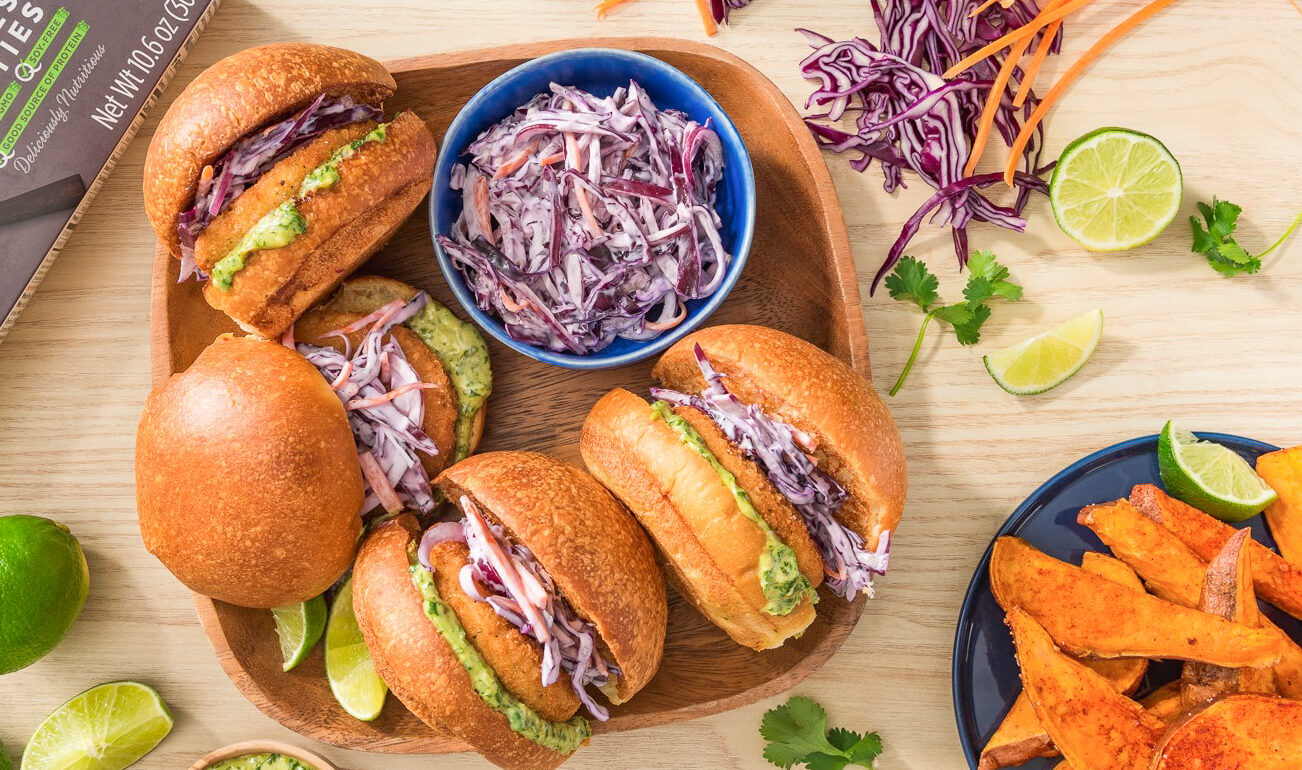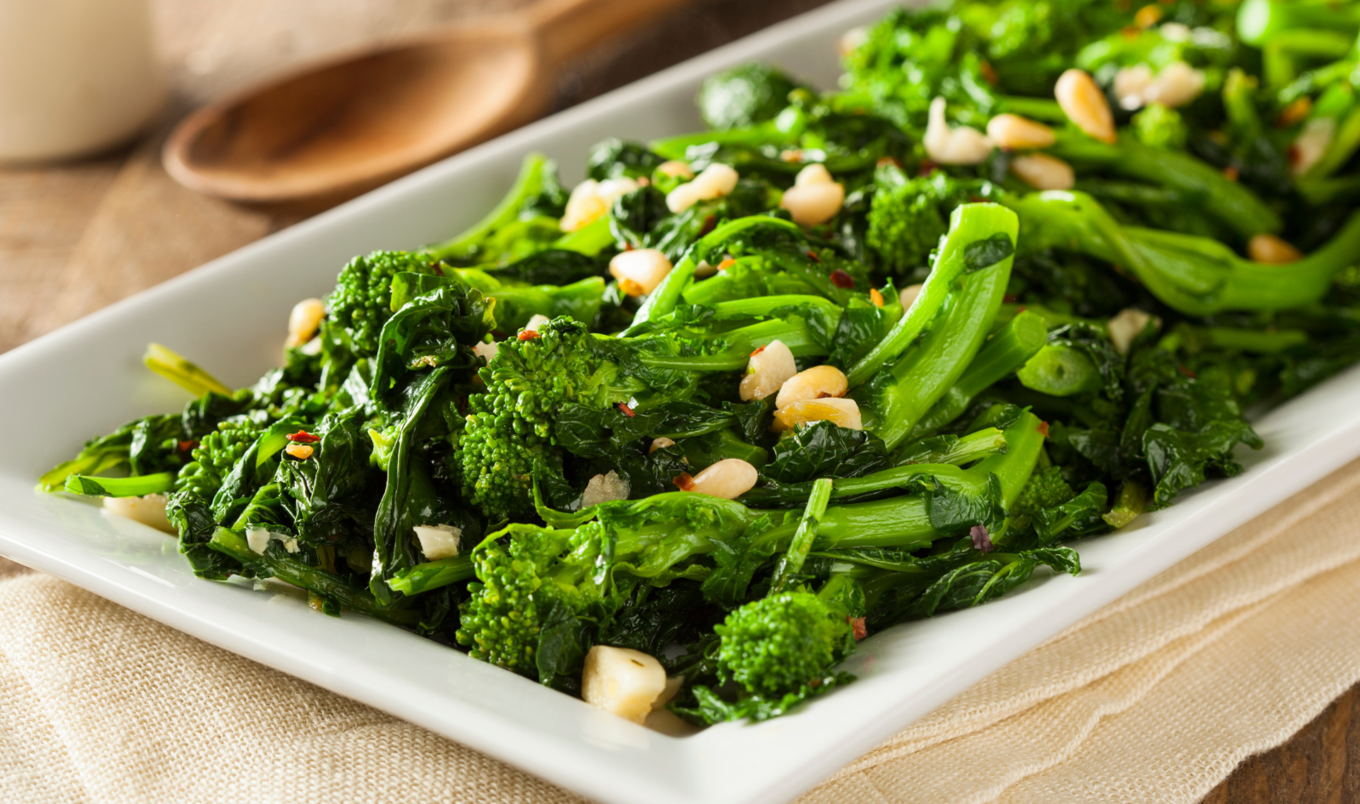Fungi-derived mycoprotein—sometimes known as mushroom meat—is just as effective at supporting muscle building during resistance training as animal protein, according to the findings of a new study published in the Journal of Nutrition.
The study, from researchers at the University of Exeter in the United Kingdom, claims that it is the first to explore if a vegan diet rich in mycoprotein can support muscle growth during resistance training to the same extent as an omnivorous diet. It comes as a growing number of adults are eating less meat, with the latest figures showing that there are more than seven million adults who now follow a meat-free diet.
The randomized trial was split into two phases. In the first phase, 16 healthy young adults completed a three-day diet where their protein was derived from either omnivorous or exclusively vegan (predominantly mycoprotein developed by vegetarian brand Quorn) sources. During this phase, detailed measures of metabolism were taken.
Meati Foods
In phase two, 22 healthy young adults completed a 10-week, high-volume progressive resistance training program while consuming a high-protein omnivorous diet or a vegan diet rich in mycoprotein.
The results demonstrated comparable increases in muscle mass and strength in response to both diets, with no significant differences between the two. The group on the high-protein omnivorous diet gained 2.6 kg (5.7 lbs) of whole-body lean mass, while the group on the vegan diet gained 3.1 kg (6.8 lbs). Both groups also increased the size of their thigh muscles by the same amount (8.3 percent) over the course of the trial.
Based on these results, the research team concluded that a vegan diet that’s high in mycoprotein can be just as effective as a high-protein omnivorous diet in building muscle during resistance training.
Table of Contents
Can you build muscle on a vegan diet?
This study is the latest to demonstrate the potency of mycoprotein in muscle building. Research published by the University of Exeter in 2020 that found that mycoprotein builds muscle to a greater extent than milk protein, and a 2021 study concluding that a mycoprotein-rich vegan diet supports the maintenance of muscle tissue in older adults.
 GabinVallet/Unsplash
GabinVallet/Unsplash
However, this latest study is the first to directly compare mycoprotein with an omnivorous diet, including meat, and to do this over an extended “free living” period of 10 weeks of the participants’ daily lives.
“It is well established that muscle building can be augmented by adhering to a high-protein diet. Alistair Monteyne, the researcher who conducted the trial at the University of Exeter, said in a statement.
“However, it was previously unclear as to whether non-animal derived diets and non-animal derived protein sources, such as Quorn’s mycoprotein, could support muscle building during resistance training to the same extent as omnivorous diets and animal-derived protein sources.”
“We now have a strong body of evidence, perhaps more than is available for any other alternative protein source, to show that mycoprotein is an effective protein food to support muscle maintenance and growth,” Monteyne added.
What is mushroom meat?
Mushroom meat is the naturally high-fiber, single-cell protein derived from fungi. The most popular brand using this type of protein is Quorn, whose first products—made using a fungi microorganism called “Fusarium Venenatum”—came out in 1985. Using the process of microbial fermentation, the company has released a wide range of mycoprotein-based meatless grounds, sausage, chicken, and more.
The fungus is sourced from the soil and fermented with nutrients made from maize, wheat, and essential minerals to create a food that is high in protein and fiber, low in saturated fat, and free from trans fat and cholesterol.
 Quorn
Quorn
Research suggests that, as well as its excellent nutrition profile, the structural complexity of mycoprotein’s cell wall, which is retained through the production process, may explain why it is so good for metabolic health. It is also a complete protein, meaning it contains all of the nine essential amino acids needed by our bodies.
Other studies have also found that mycoprotein is linked to gut health benefits and a reduction in genotoxins known to cause colon cancer.
Meatless proteins are more sustainable
The study comes after a report involving University of Exeter researchers found that regular widespread consumption of meat-free proteins could be one of three “super leverage points” that could give hope for a breakthrough on climate change through reducing emissions from livestock farming.
 Quorn
Quorn
“At a time when a growing number of people are following official dietary advice to consume less meat for the sake of their health and the planet, it is positive that a high-quality meat-free protein that is scientifically proven to build muscle mass at a rate comparable to any animal-derived protein is available,” Tim Finnigan, Scientific Advisor for Quorn Foods, said in a statement.
“This study builds on a growing body of independently conducted research, thought to be the largest to exist for any alternative protein, that clearly demonstrates mycoprotein’s nutritional excellence as a complete protein with a proven ability to protect against a range of diseases and health conditions.”







.jpg?sha=1491c255b49d3e03)